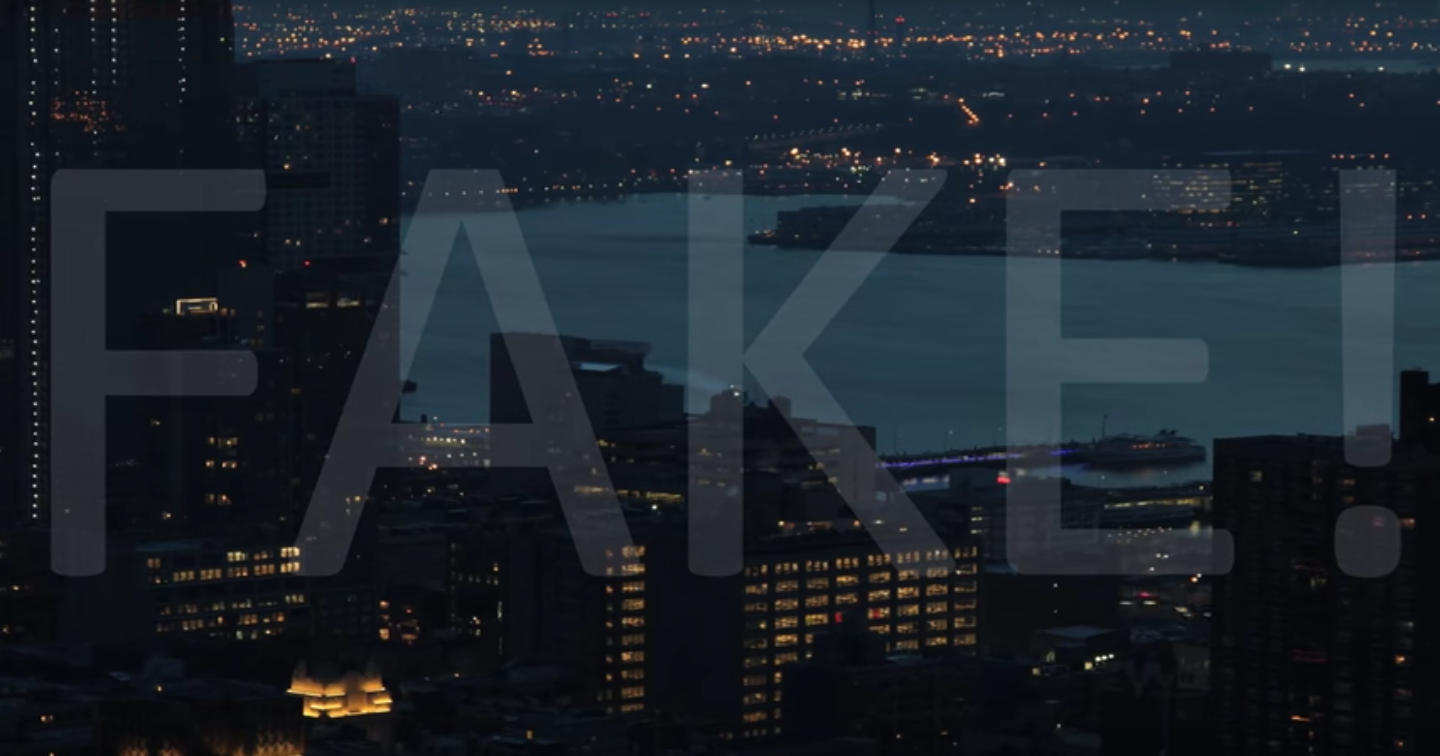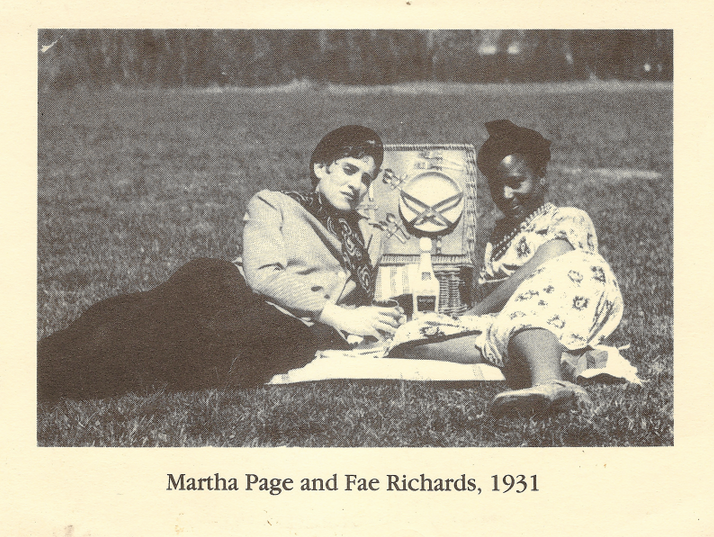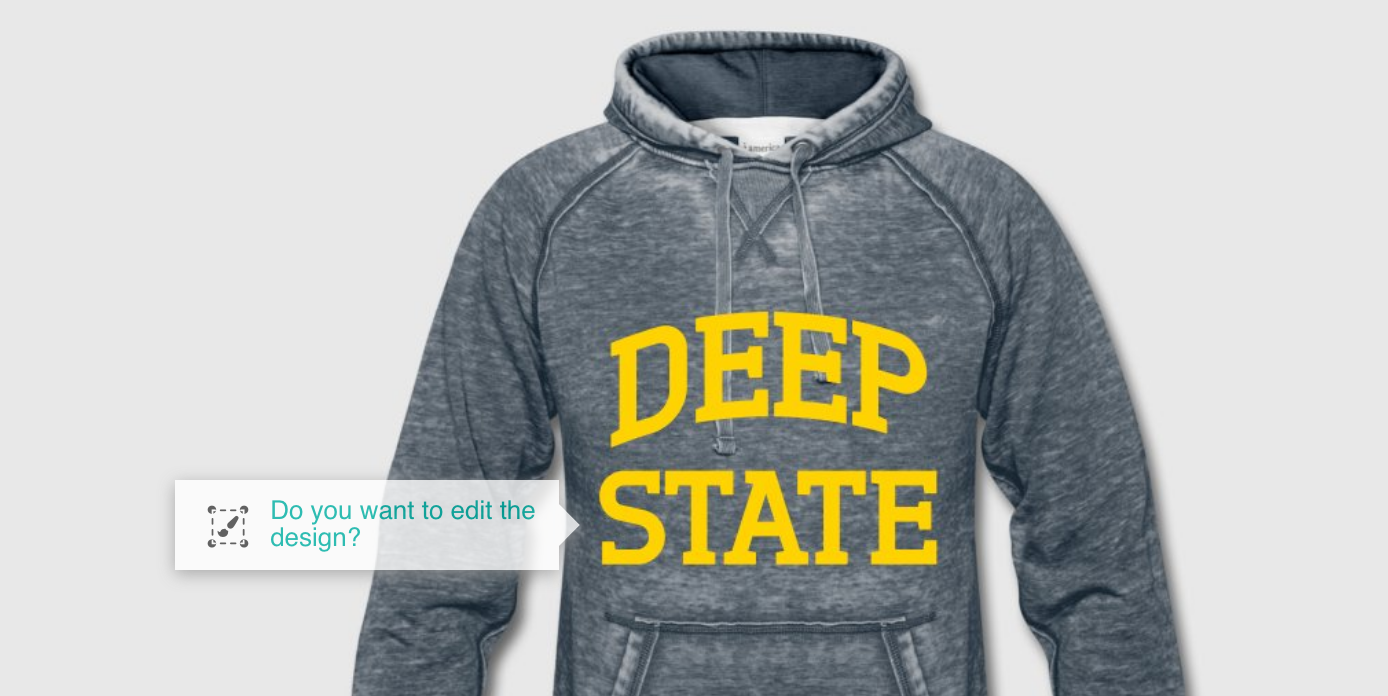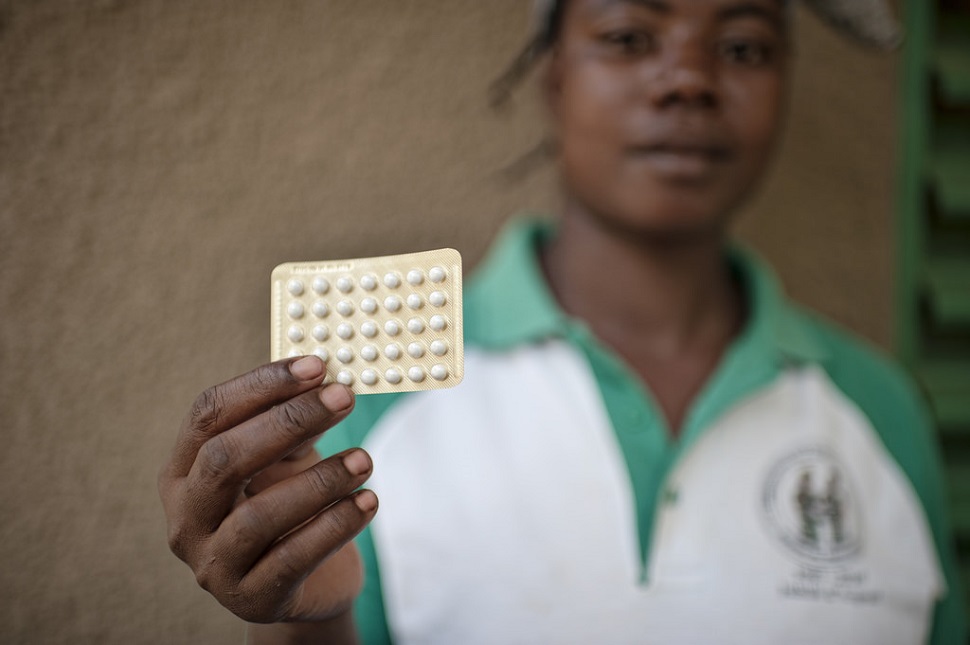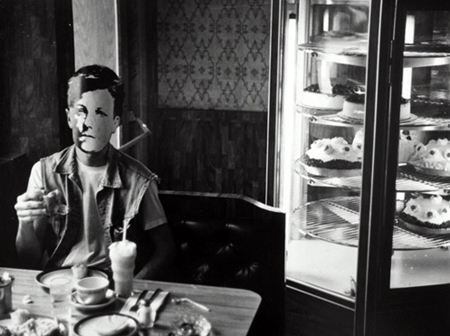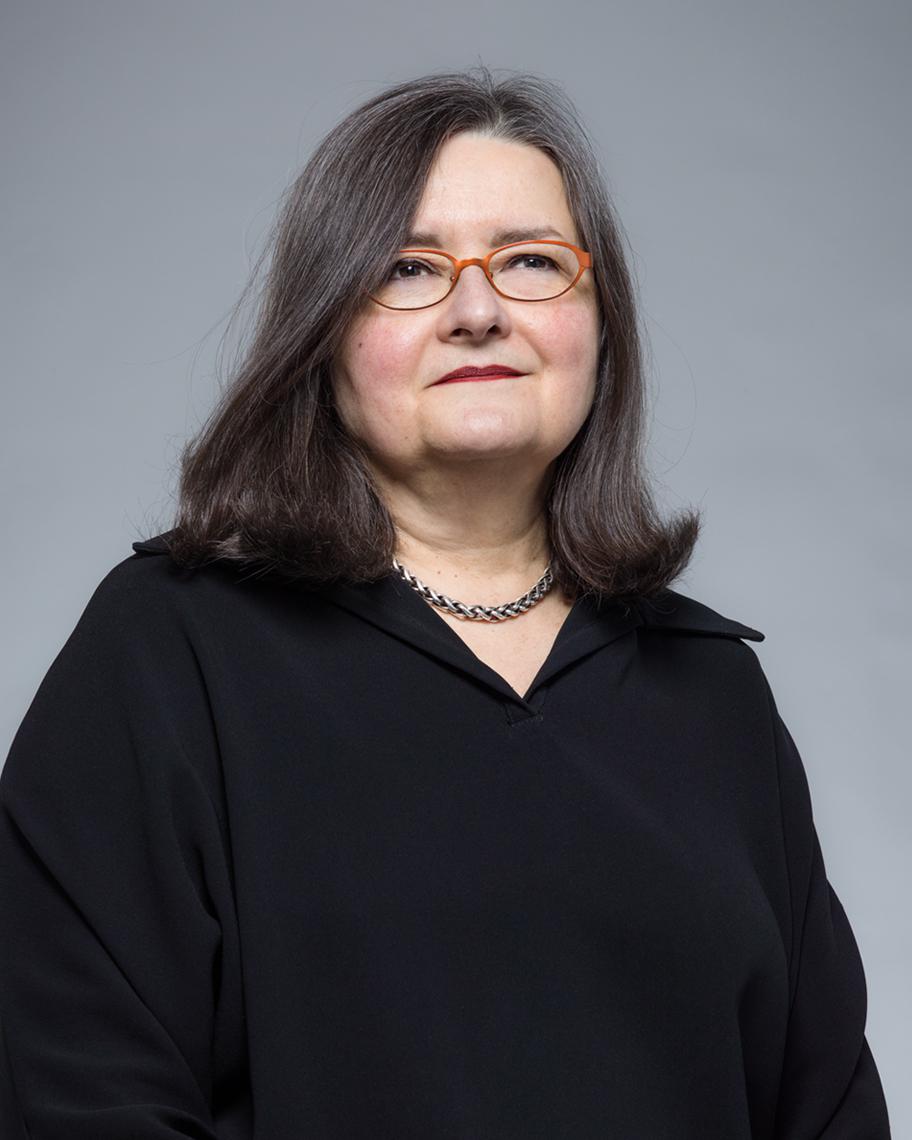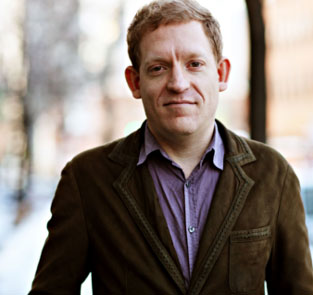Apr 30, 2017 at 7:30 pm
Ocean of Lies: Propaganda, Deception and the Power of Fake News
Screening, Audio Listening, and Discussion with Alexandra Juhasz, Carol Squiers, & Benjamen Walker following the presentations. Organized by Mathilde Walker-Billaud.
In our post-Brexit, post-US election world, “fake news” has stolen the headlines. Misinformation, disinformation, reality-based manipulation and propaganda are distorting the public’s ability to make sense of the world, and threatening the democratic process around the globe. Fractured streams of information, a seeping collective culture of doubt, paranoia and isolation are all but ensuring that this trend will not be a passing fad. Now is the time to think critically about how media succeeds in brainwashing the public and how to combat that dangerous power.
With filmmaker Alexandra Juhasz, radio host Benjamen Walker and curator Carol Squiers, we will look at multiple examples across forms (photographs, texts, videos and montages) that unpack the contemporary manifestations of fake news, online propaganda and media deception. From fake documentary and parafiction to native advertising, to alternative facts and terrorist propaganda we’ll chart the course and talk through the necessary media literacy tools needed to combat this infective issue.
Program
The Theory Of Everything
20 min, 2017, audio excerpts from "Doomed to Repeat", "Entrapment", "The Rainbows of Inevitability"
“Doomed to Repeat”: your host Benjamen Walker examines the targeted advertising and fake news that some say put Donald Trump in the White House. Plus: the colonial history of Biometric Surveillance.
“The Rainbows of Inevitability”: Benjamen Walker takes a tour of the sprawl with Metahaven to learn about the propaganda of propaganda and travels beyond the Facebook wall to learn the real truth about targeted advertising.
“Entrapment”: The FBI builds more surveillance traps that don’t work, and your host shares a few of his earliest adventures in surveillance.
Perpetual Revolution: The Image and Social Change
20 min, 2017, mixed media
The Right-Wing Fringe and the 2016 Election addresses images circulated by a collection of Internet writers, publishers, and personalities espousing extremist views, who have received increased attention in the past two years—and especially in the months leading up to the 2016 presidential election. Curated by Susan Carlson and Claartje van Dijk, this section looks at images and information circulated by the self-proclaimed “alt-right”—a moniker designed to underscore their break from “establishment” conservatives—and the power imbued upon them via the Internet and social media platforms. Through circulation, these images can be divorced from their larger contexts and their messages are amplified by their repetition, including by top political figures.
Propaganda and the Islamic State delves into the massive effort constructed by ISIS (the Islamic State of Iraq and Syria, which is also known as ISIL or Daesh) to produce and distribute highly visual material to appeal to disaffected people around the globe. The section aims to study and demystify the activities of a powerful and violent political machine and its skillful use of propaganda, which blasts endless streams of photographs, videos, and texts across multiple online platforms. Organized by Squiers, in collaboration with Akshay Bhoan, it features photographs and videos, in English, Arabic, and other languages, arranged in thematic streams and displayed on cell phones, iPads, and monitors in the galleries.
#100hardtruths-#fakenews
20 min., 2017, mixed media
“The real internet is a fake, the fake news is very real, and thus Trump is indeed our rightful internet president.” Today’s internet is built on, with, and through an unruly sea of lies, deceptions, and distortions, as well as a few certainties, cables, and algorithms. This week’s viral-wonder—the crisis of “fake news” in the wake of the 2016 presidential election—is a logical and necessary outgrowth of the web’s sordid infrastructure, prurient daily pleasures, and neoliberal political economy.
I hereby pledge:
To disrupt the new President’s First 100 days by posting #100truths-fakenews with linked actions, analyses and organizations committed to digital media literacy.
In so doing, I will produce a 100 point digital primer to counter the purposeful confusion, lack of trust, and disorientation of the current administration’s relation to media, offering instead a steady, reasoned set of resources seeking clarity and justice.
60 min
Dr. Alexandra Juhasz is the chair of the Film Department at Brooklyn College, CUNY. She makes and studies committed media practices that contribute to political change and individual and community growth. She is the author of AIDS TV: Identity, Community and Alternative Video (Duke University Press, 1995); Women of Vision: Histories in Feminist Film and Video (University of Minnesota Press, 2001); F is for Phony: Fake Documentary and Truth’s Undoing, co-edited with Jesse Lerner (Minnesota, 2005); Learning from YouTube (MIT Press, 2011:https://mitpress.mit.edu/books/learning-youtube); co-edited with Alisa Lebow, The Blackwell Companion on Contemporary Documentary (2015) and with Yvonne Welbon, Sisters in the Life: 25 Years of African-American Lesbian Filmmaking (Duke University Press, 2016). Dr. Juhasz is also the producer of educational videotapes on feminist issues from AIDS to teen pregnancy as well as the feature films The Watermelon Woman (Cheryl Dunye, 1997) and The Owls (Dunye, 2010). Her current work is on and about feminist Internet culture including YouTube (aljean.wordpress.com) and feminist pedagogy and community (feministonlinespaces.com and ev-ent-anglement.com). With Anne Balsamo, she was co-facilitator of the network, FemTechNet, which debuted its feminist rethinking of a MOOC, a Distributed Online Open Course “Dialogues in Feminist Technology” in Fall 2013: femtechnet.org.
Carol Squiers is a writer, editor and curator at ICP who lives in New York City. Organized the current six-part exhibition “Perpetual Revolution: The Image and Social Change” (2017); “What Is a Photograph? In 2014; and “Remembering 9/11” in 2011. Has written essays on photography for a wide variety of magazine, books, and newspapers, including Artforum, The New York Times, Vogue, Vanity Fair, Art in America, and Aperture. She is the author of What Is a Photograph? (2014) and The Body at Risk: Photography of Disorder, Illness, and Healing (2005).
Benjamen Walker is a independent radio producer and host of the podcast Benjamen Walker’s Theory of Everything, a founding member of the Radiotopia network. His work has aired on NPR, the BBC, the CBC and the ABC. He also produced Big Ideas, a philosophy podcast for The Guardian. He created his first podcast in 2004 while working at the Berkman center for Internet and Society at the Harvard Law School. From 2008 to 2010 he was WNYC’s Senior Culture producer and from 2010 to 2013, he produced and hosted Too Much Information for WFMU and curated their Radiovision conference in New York City. He has been a guest speaker and fellow at various festivals and international institutions (Sydney Writers’ Festival, Les subsistances in Lyon, France, Poets House, Tow Center at Columbia University, Oorzaken Festival in Amsterdam). He also teaches in the Journalism and design program at the New School.


